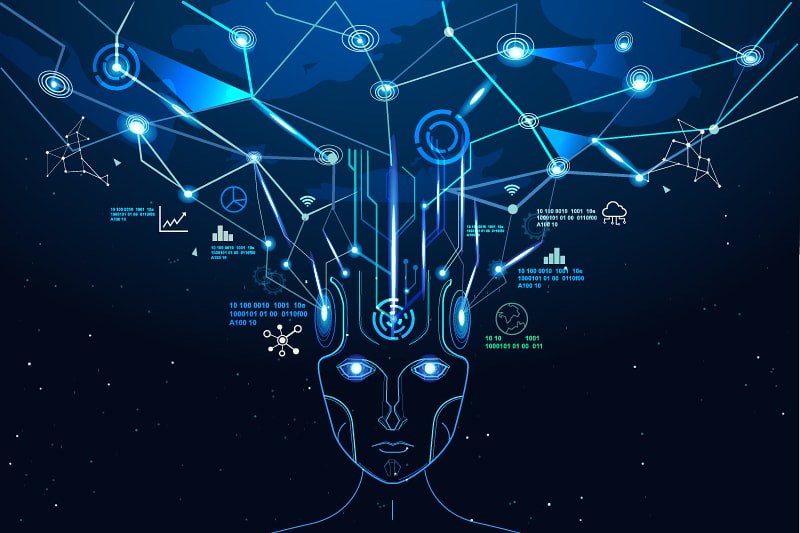Artificial Intelligence (AI) is everywhere today. It’s in our phones, cars, hospitals, and even in the way we shop online. AI is fast, powerful, and in some cases, it can do things much better than humans—like solving complex math problems or scanning through massive amounts of data in seconds.
But here’s the big question: Can AI really replace human intelligence?
The short answer is no. And the main reason is simple—humans have consciousness, while AI does not, and probably never will.

What is Consciousness?
Consciousness is what makes us human. It’s our ability to think, feel, and be aware of ourselves and the world around us. It’s that inner voice inside you—the one that reminds you of your dreams, your memories, and your emotions.
It’s why you can enjoy the beauty of a sunset, laugh at a silly joke, or wonder about the meaning of life. Scientists have studied consciousness for centuries, but no one fully understands it. What we do know is that it’s unique to living beings, especially humans.
AI, on the other hand, is just a product of human intelligence. It’s made of code, circuits, and algorithms. No matter how advanced it becomes, AI doesn’t feel, think, or experience the world. It may act like it understands, but deep down—it’s only running on programming.
Why AI Can’t Be Conscious
AI works by following patterns and rules. Just to give a little idea it works on train and test module where users / human provides sets of data through which it can be trained. Take Siri or Alexa, for example. When you ask them a question, they sound like they understand you. But really, they are only matching your words to patterns they have been trained on.
It’s like a calculator—quick, smart, and accurate—but without feelings. It gives you answers, but it doesn’t care about them.
Consciousness, however, is about experiencing life. When you smell fresh bread or feel happy after meeting a friend, that’s not data—it’s real experience. AI can’t do that. It doesn’t have emotions, a mind, or a soul.
Some people believe AI might one day “wake up” and develop consciousness. But this is more of a science fiction dream. Consciousness isn’t something you can build with better hardware or smarter code. It’s deeply connected to our biology, emotions, and the way we experience life as humans.
What Makes Humans Special
Humans are not just problem-solvers. We create art, love, laugh, and dream about the future. These things come from our inner world—our consciousness.
Yes, AI can write poems or paint pictures, but it doesn’t “feel” the art. A poem written by AI is just an imitation. A human poet writes from the heart, from joy, pain, or memory. That emotional depth is something AI will never have.
Another unique human quality is empathy—the ability to understand and share someone else’s feelings. AI can guess how you feel by analyzing your words, but it can’t truly relate or care. Only humans can offer compassion in a real sense.
AI is a Tool, Not a Replacement
There’s no doubt AI is powerful. It can save lives in medicine, improve businesses, and even help us explore space. But at its core, AI is still just a tool—created by humans, for humans.
Think of it like a hammer or a paintbrush. A hammer can build a house, but it doesn’t dream of living in it. A paintbrush can help create art, but it doesn’t admire the beauty.
AI is the same—it can assist us, but it can’t replace the spark of human intelligence and consciousness.
At the end of the day, AI is here to support us, not replace us. It can work faster, smarter, and with fewer mistakes in certain areas. But it will never dream, love, or wonder about the universe the way humans do.
Our consciousness is what makes us unique. It’s the essence of human intelligence, and no machine—no matter how advanced—can truly take that away.

